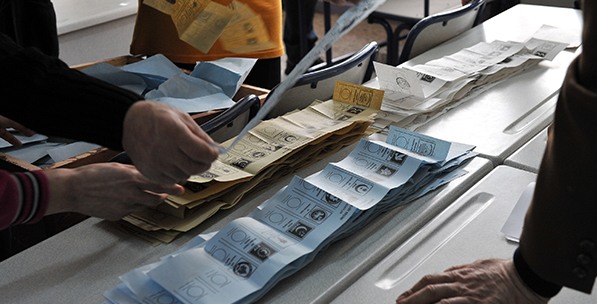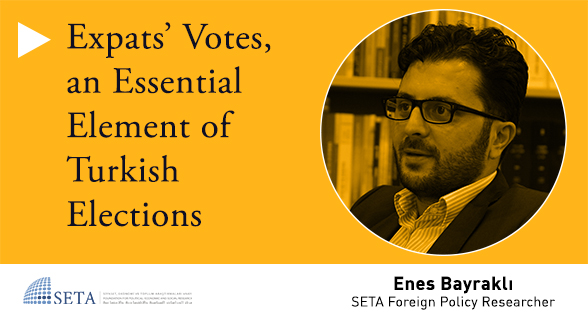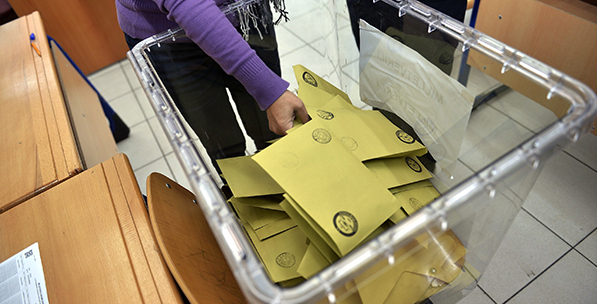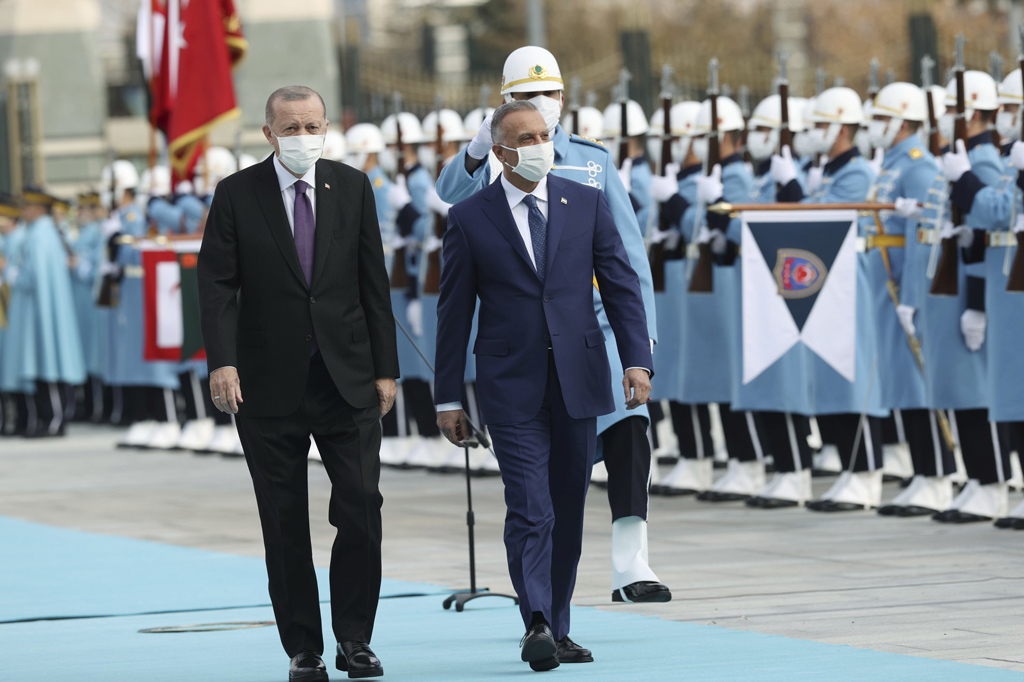Analysts who focus on the history of local elections tend to observe that local elections take place within a national election atmosphere.
Along these lines, political actors usually make a similar remark about both local and national elections while noting the importance of these elections as a historic turning point. In the democratization process Turkey is undoubtedly moving toward progress. The change that is to come with elections is not only an important mark of success but also a pivotal point toward rooted democracy.
Aside from the changes that will occur in political parties and their members in the next local elections, we will see those in the political arena renewed as a result of a changing political structure.
In retrospect, previous elections all have one factor in common: the representation of the majority's voice against military domination over politics. The election years of 1950, 1973, 1983, 1995 and 2002 showed a collective memory that places these years in a special category.
The 1950 elections represented a shift from an authoritarian one-party rule to a multi-party democratic system.
The years 1973 and 1983 showcased an election in which the people rose against authoritative actors. These elections were largely representative of people's desire to initiate a democratic system. As a result of these elections, we have witnessed some political parties being marginalized and pushed to the sidelines as a punishment for their acceptance of military rule. On the other hand, the elections of 1995 prove that the Welfare Party's (RP) victory was a result of the reaction of voters against an authoritarian military.
The 2002 elections, on the other hand, are important because they harbored values found in all the other previous elections. This election was especially symbolic because people chose to be governed by the AK Party with the popular demand of refusing to be ruled by the militaristic status quo. Alongside these elections, an important point was the new formation of a new center that replaced the old center of the 1950s. The elections that occurred post-2002 were simply based on people's demand for stability and a new restructuring of the political system.
Undoubtedly, all elections are shaped around projects and political jargon that frame party politics. Aside from projects, the March 30 local elections hold importance because of several issues. One of these issues is the Dec. 17 operation and the parallel state discussions.
Another issue is the fight against terror and the ensuing peace process with the Kurds. Finally, the Taksim/Gezi protests are also an issue, which has come to signify a new political approach in the various party platforms.
Looking ahead to the March 30 elections, the race is going to be one of the toughest Turkey has ever seen. In tandem with the projects and various discussions across the political spectrum, the atmosphere seems to be one of referendum.
This is mainly because the parties' political strategy is geared toward the general elections.
One of the reasons why political jargon is framed as if it were a general election is because of the Dec. 17 operation that caused local elections to be pushed out of its normal process. The interference attempt resurfaced organized network plotters that aimed to bring down the government in ways similar to previous military overthrows. This structured network empowers itself in the face of the leading political party by constantly marring the image of various political figures. In an attempt to delegitimize the government publicly, this network aimed to create conflict based on different identity groups. The aim of all this is to make the AK Party government, in power for the last 12 years, lose in the coming elections.
This network, which came to be known as a parallel state, is implementing a strategy of supporting the largest opposition of AK Party and leading a campaig









